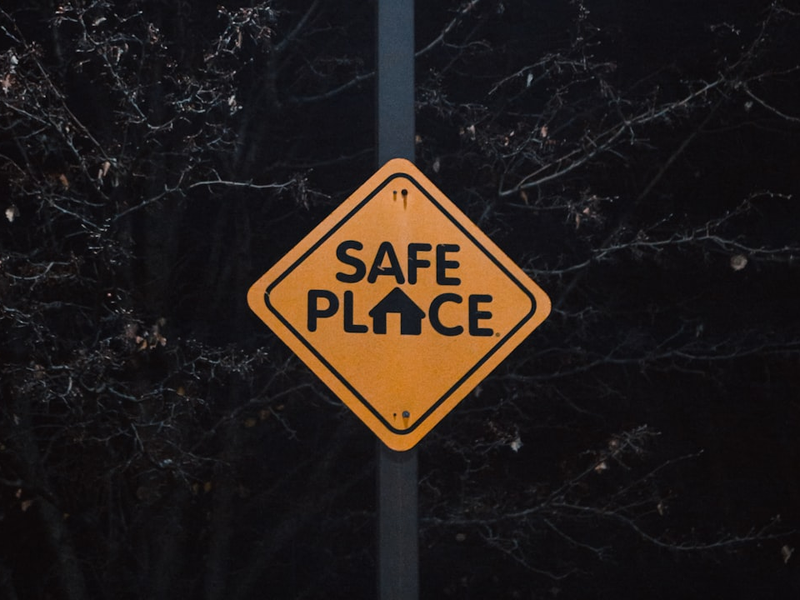AI Chatbots Scramble to Protect Teens After Tragic Suicide Lawsuit

In a pivotal moment for tech ethics, OpenAI and Meta are implementing crucial safeguards to protect teenage users from potential mental health risks associated with AI interactions.
The recent lawsuit involving the tragic suicide of 16-year-old Adam Raine has sparked urgent conversations about AI safety. OpenAI and Meta are now introducing significant changes to their chatbot systems, focusing on protecting vulnerable young users from harmful interactions.
OpenAI is preparing to roll out new parental control features this fall, allowing parents to link their accounts to their teen’s profile. These controls will enable parents to disable specific features and receive notifications when the system detects their child might be experiencing acute emotional distress.
Similarly, Meta has taken a proactive stance by blocking its chatbots from engaging teens in conversations about self-harm, suicide, disordered eating, and inappropriate romantic topics. Instead, the company will redirect these sensitive interactions to expert resources.
A recent study published in Psychiatric Services highlighted critical inconsistencies in how popular AI chatbots respond to suicide-related queries. Ryan McBain, a senior policy researcher at RAND and Harvard medical school assistant professor, emphasized the need for independent safety benchmarks and clinical testing.
“Without rigorous standards, we’re essentially relying on tech companies to self-regulate in a space with uniquely high risks for teenagers,” McBain warned.
The legal team representing Adam Raine’s family remains skeptical, describing OpenAI’s announcements as “vague promises” and calling for more definitive action.
As AI technology continues to evolve, these developments underscore the critical importance of prioritizing user safety, especially for younger, more vulnerable populations. The tech industry faces mounting pressure to develop responsible, ethical AI systems that protect mental health and prevent potential harm.
If you or someone you know is struggling, remember that help is available. Call or text 988 to reach the Suicide and Crisis Lifeline, or visit 988lifeline.org for additional support.
AUTHOR: kg
SOURCE: NBC Bay Area
























































